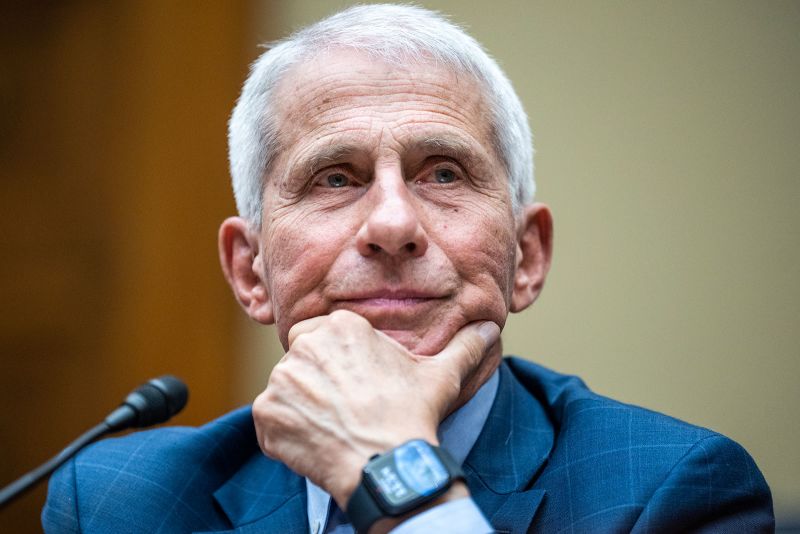A Massachusetts town has closed its municipal parks and fields to nighttime visitors amid a heightened risk of a potentially deadly type of mosquito-borne encephalitis, according to town officials.
Plymouth, about 40 miles southeast of Boston, announced the closures Friday as the town faces a high risk from the extremely rare Eastern equine encephalitis, town officials said in a news release.
The disease can infect humans through mosquito bites and has between a 33% to 70% fatality rate, with most deaths happening from two to 10 days after symptoms begin, according to the Massachusetts Department of Public Health.
“The recent EEE infection diagnosed in a horse exposed in Plymouth initially raised the Town’s EEE risk level to high,” the Town of Plymouth said in the release.
On August 16, the state reported its first human case of EEE of the year and the first since 2020 after a man in his 80s was exposed in Worcester County, prompting health officials to raise the risk level of the disease in nearby communities, the public health department said in a news release.
“EEE is a rare but serious disease and a public health concern,” Massachusetts public health commissioner Robbie Goldstein said in the release. “We want to remind residents of the need to protect themselves from mosquito bites, especially in areas of the state where we are seeing EEE activity.”
Around 30% of people infected with EEE die and many who survive infection live with ongoing neurological problems, according to the Centers for Disease Control and Prevention.
The disease is so rare, an average of only 11 human cases of EEE are reported in the United States annually, the CDC said.
There were 17 reported human cases of EEE and seven deaths during an EEE outbreak in Massachusetts in 2019 and 2020, according to the state’s public health department.
Public health officials and the Massachusetts Department of Agricultural Resources announced plans Saturday to spray aerially for mosquitoes in the Plymouth County area and to conduct truck-mounted spraying in parts of Worcester County, according to a news release.
By Saturday, the EEE risk level was high or critical for 10 Massachusetts communities.
At least eight municipalities in Massachusetts, including Boston, are also “now considered to be at high risk” for mosquitoes carrying the West Nile virus, the state’s health department said Friday.
On Saturday, a spokesperson for Dr. Anthony Fauci said the former director of the National Institute of Allergy and Infectious Diseases was recovering at home after being hospitalized with West Nile virus.

